Building Personal Resilience
Learning how to be more resilient is essential for maintaining our mental wellbeing while also helping us work in more effective and sustainable ways. This workshop will equip you with the tools to cope with adversity, manage stress, and cultivate a positive mindset—all while maintaining emotional wellbeing and focus at work.
Overview
Suitable for employees at all levels, this 90 min workshop takes a modern, practical approach to resilience. Rather than seeing resilience as simply “pushing through,” we’ll explore how to develop self-awareness around our capacity for stress and how to recognise when we need to pause, adapt, or change our approach.
We’ll examine some recent interpretations of resilience, helping you define what it means for you and your role.
You’ll learn practical strategies to expand your window of tolerance—the capacity to manage stress effectively in the moment—and we’ll discuss the importance of having a well-resourced system of support, both personally and within your team.
Practical Strategies & Workplace Applications:
This session will introduce The Four S Model of Resilience (Schlossberg)—a framework that helps individuals navigate challenges by assessing:
Situation – Understanding the nature of the challenge, its impact, and how much control you have over it.
Self – Recognising personal strengths, coping styles, and areas for growth in responding to stress.
Support – Identifying key relationships, networks, and resources that can provide guidance and stability.
Strategies – Developing actionable approaches to manage stress, adapt to change, and maintain wellbeing.
By applying this model, participants will gain practical, evidence-based techniques to strengthen resilience in the workplace, including:
Stress Regulation Techniques – Breathing exercises and mindfulness practices to manage immediate pressure.
Cognitive Reframing – Shifting perspective to see challenges as opportunities for learning and growth.
Boundary Setting – Creating clear, sustainable work habits to prevent burnout.
Building Support Networks – Strengthening workplace connections to foster resilience as a team.
These strategies can be implemented immediately, helping you manage workplace demands while maintaining balance and long-term wellbeing.
Outcomes
Improve your strategies for handling stress in the moment
Develop ways of building more resourcefulness into the way you work.
Learn to notice early signs of reduced resilience in yourself and your colleagues.
Be prepared to work effectively while maintaining healthy boundaries—even in high-pressure situations.
What people say..
“Chris was very accommodating and welcoming. He asked the right questions and sparked insightful conversations, he made the team comfortable in sharing their own experiences.”
— Participant at Leighton
“Chris was really personable and engaging, putting everyone at ease which I think encouraged some less out spoken members to share. ”
“We all really enjoyed the session with Chris – he was super engaging and kind. It was really interactive and nicely balanced between working in small groups and having open discussions with everyone in the room. He made it feel like a safe space where people could comfortably share their experiences and ideas, talk through solutions, and think about ways to build resilience and be more open with the rest of the team. ”
Get in touch
To book this solution for your organisation, please contact us

